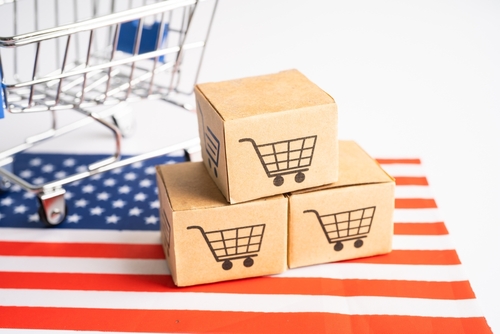
Looking to loosen the grip of foreign nations on the pharmaceutical supply chain and favor domestic manufacturing instead, a dozen Republican representatives reintroduced the Manufacturing API, Drugs, and Excipients (MADE) in America Act last week.
“The success of United States supply chain can be our best asset in deterring China and other adversaries,” U.S. Rep. Carol Miller (R-WV), one of the bill’s authors, said. “Fixing the vulnerabilities in our supply chain bolsters domestic pharmaceutical manufacturing, enhances our national security, and lowers costs for Americans. The MADE in America Act is necessary to keep our medical supply chain competitive and promote job creation in the United States.”
According to the Food and Drug Administration (FDA), about 72 percent of active pharmaceutical ingredients in the U.S. chain come from more than 150 other countries, including 13 percent from China, specifically. Such overseas reliance also holds true for personal protective equipment (PPE), with approximately 95 percent of surgical masks and 70 percent of N95 masks and other respirators made abroad.
The bill seeks to counteract this with a mix of production credits and other incentives, including legal changes, to shift the burdens of the supply chain increasingly to domestic shores.
“With China spying on Americans, threatening an invasion of Taiwan, and ignoring human rights, it is clear America cannot continue to rely on them for lifesaving medications,” U.S. Rep. Earl Carter, another of the bill’s supporters, said. “This legislation is designed to significantly reduce the advantage that foreign adversaries provide and encourage companies to maintain, expand or relocate their production activities back to the United States and its territories through a tax credit that will serve the most disadvantaged communities in our nation. We simply can no longer be dependent on our enemies for anything, especially essential medications, and medical supplies. America must secure pharmaceutical independence.”
Similar legislation was attempted last year, though it failed to gain traction.




